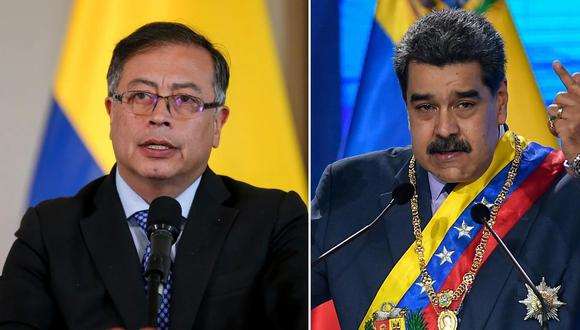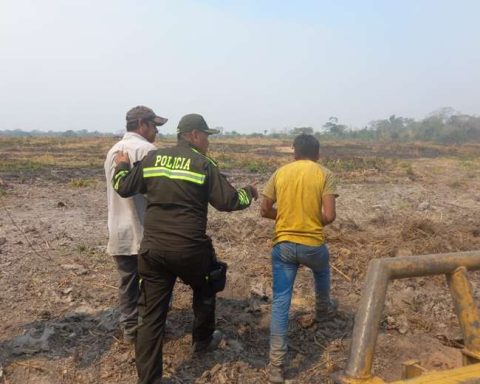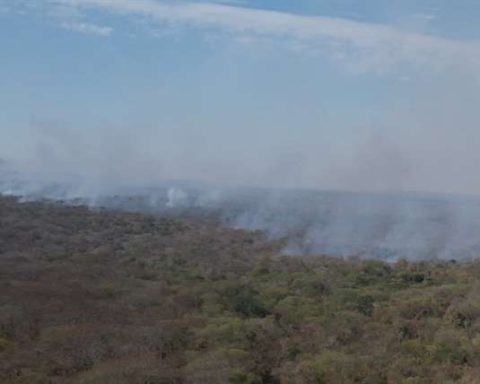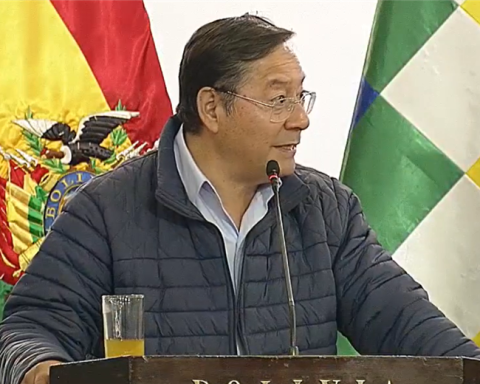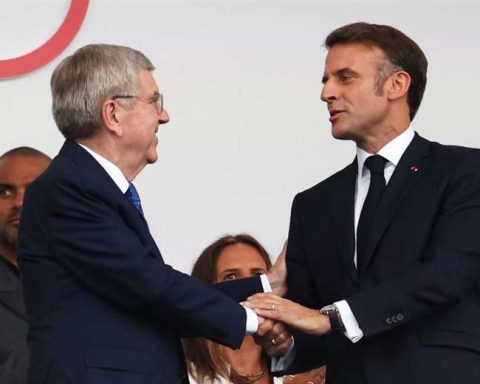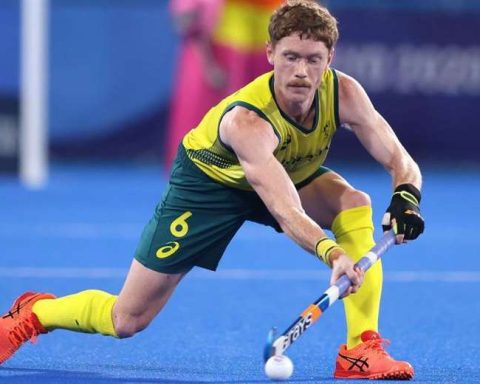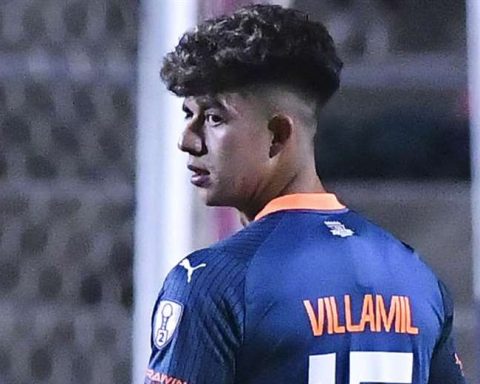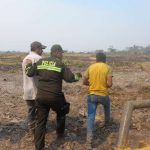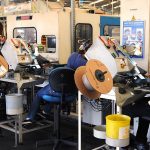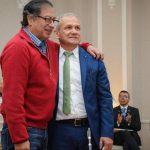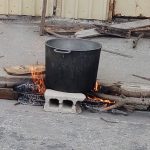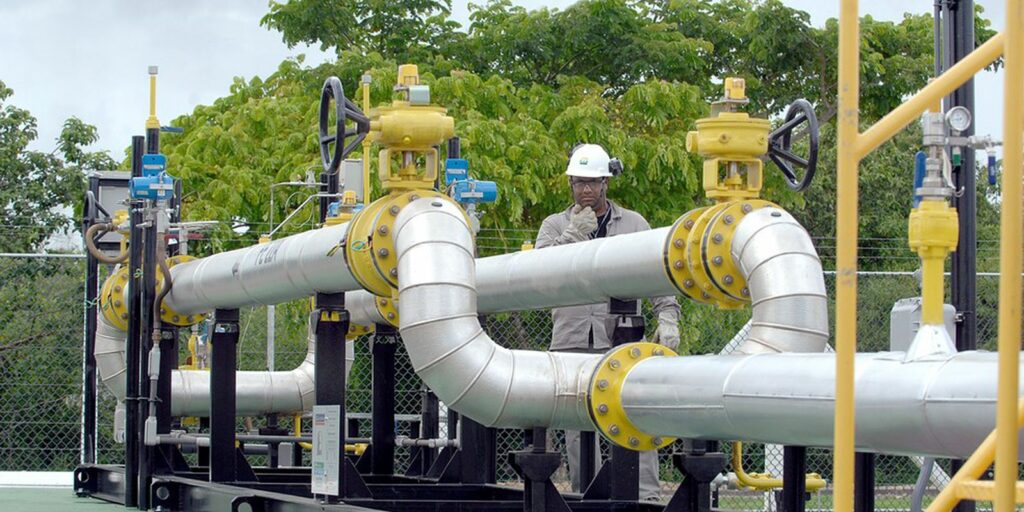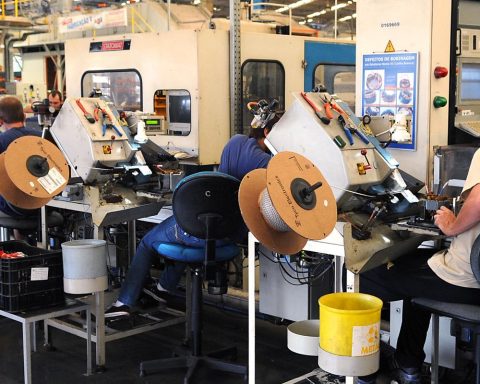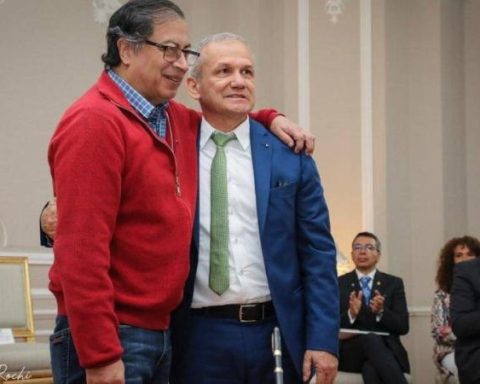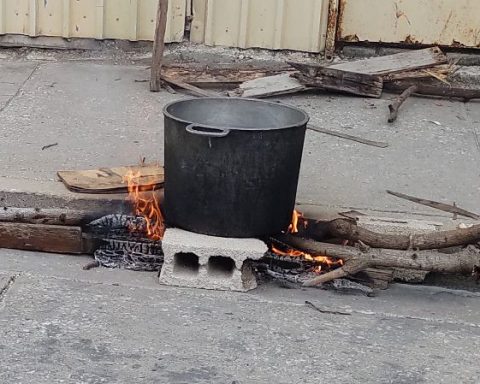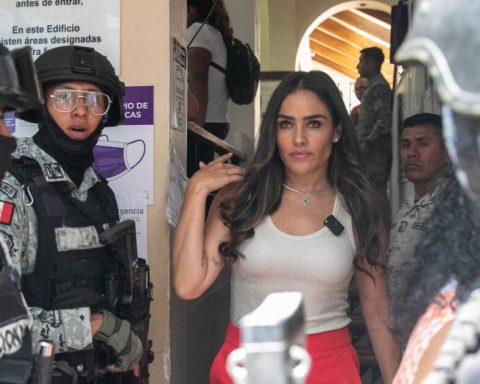November 1, 2022, 8:39 AM
November 1, 2022, 8:39 AM
Presidents Gustavo Petro and Nicolás Maduro will have their first face-to-face meeting this Tuesday in Caracas, a new step in the relaunch of bilateral relations between Colombia and Venezuela after three years of diplomatic rupture.
Following the line of his predecessor, the late Hugo Chávez, Maduro has led years of tensions with Petro’s predecessors, Juan Manuel Santos (2010-2018) and Iván Duque (2018-2022), whom he even accused of orchestrating plans to assassinate him.
The zenith was the rupture of relations in February 2019, shortly after Duque recognized the opposition leader Juan Guaidó as “president in charge” of Venezuela, after Maduro’s opponents denounced the re-election of the socialist president as fraudulent.
Now, “the bilateral relationship between the two countries, the reopening of borders and the re-entry of Venezuela to the inter-American human rights system” will be topics on the agenda at a lunch between the rulers, according to a statement released by the Colombian presidency on Monday.
Since he took office as the first left-wing president in Colombia’s history in August, Petro has set out to resume bilateral relations.
Petro’s will be the first official visit by a Colombian president to Caracas in almost a decade.
Santos was received by Maduro in 2013, at Chávez’s massive funeral.
One of the first big decisions in the Caracas-Bogotá rapprochement was the reopening of the 2,200 km binational border for the transport of goods, last September, with restricted passage since 2015 and completely blocked since 2019.
Along the way, the commercial exchange between Venezuela and Colombia, which reached 7.2 billion dollars a year 14 years ago, plummeted to 400 million in 2021.
The private Colombian-Venezuelan Chamber of Integration (CAVECOL) estimates that the resumption of border traffic could help bring it to 1.2 billion this year.
However, Petro himself has been disappointed by the low commercial flow and considers that the exchange continues to be done through illegal steps, known as trails.
“These trails are closed because they are closed,” said the Colombian president in the border city of Cúcuta, in the department of Norte de Santander.
This Monday, Freddy Bernal, the governor of the Venezuelan state of Táchira, which borders precisely on Norte de Santaner, expressed to Petro and the Colombian authorities his willingness to cooperate.
“President Petro, tell us that on our side we will do everything possible to coordinate, together, the situation on the border,” said Bernal, who assured that since the reopening some 150 tons of food have been seized that were trying to be smuggled.
Venezuela will also be the guarantor and one of the venues for the forthcoming negotiations between the Colombian government and the ELN, the last known guerrilla group in this country immersed in an internal struggle of more than six decades that has left more than nine million victims among dead, wounded and displaced.
The process seeks to emulate the signing of the peace agreement with the FARC in 2016, which dissolved that armed group, which became a political party.
Duque had become one of the biggest critics of Maduro in Latin America, his being one of the more than 50 governments that supported Guaidó, while launching a policy of open arms with the massive Venezuelan migration.
More than 7 million Venezuelans have left their country since 2014, according to the UN, and some 2.5 million are in Colombia.
The international political landscape has improved for Maduro.
The Venezuelan president said on Monday that he spoke by telephone with the elected president of Brazil, Luiz Inácio Lula da Silva, to “resume the binational cooperation agenda”, semi-paralyzed during the government of Jair Bolsonaro.
And relations with Argentina and Peru had also normalized with the arrival of leftist rulers in those countries.
